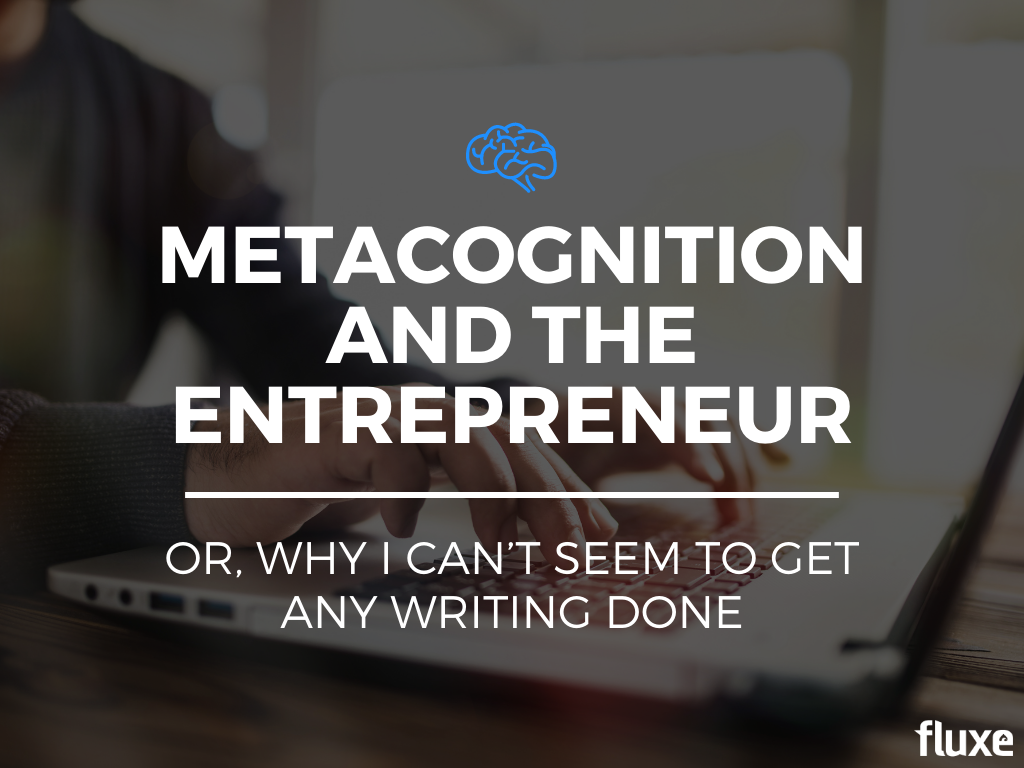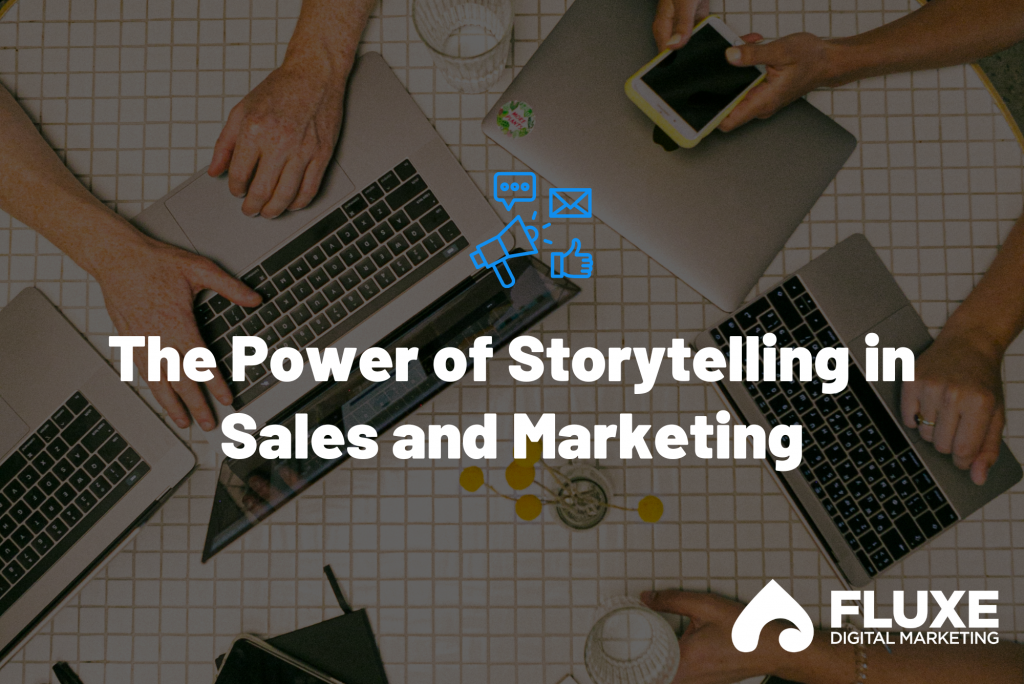I pride myself on helping founders share what’s inside their heads in a way they never thought possible.
True confession: I’ve been terrible at doing it for myself.
It’s hard to admit that as the CEO of a content marketing company, I’ve had my fair share of trouble producing my own content to a standard of my liking (i.e. Perfection).
Creating your content? Piece of cake. Mine? Torture.
But I didn’t get mad. (Well, maybe a little – you’ll have to ask my team). I got curious. I unraveled what I know and don’t know about expertise, creativity, and self-awareness. It led me to some pretty powerful realizations.
It’s Called a State-of-Mind for a Reason
Just like my clients, I have to be in a specific state to perform.
“Well,” I thought, “What is that state? Is there an app for it? An external prompt that will force me to sit down and get the work done?” Nope. I was asking the wrong questions. I was looking for an external solution to an internal problem. I was trying to solve a creative puzzle logically. I was brain blocked.
My entrepreneurial problem-solving became my worst enemy.
I read an interesting study whose conclusion was essentially this:
Doing more tasks imperfectly is better than infrequently striving for perfection.
Professionally, I had to move away from the idea that if I’m not doing it correctly, I’m not as good as I think I am. Because that self-doubt inevitably leads me to the nagging fear that the reason I can’t do it is that I don’t have much to say.
Instead, If I look at repetitious imperfection as a desirable habit and not as a waste of time, I stop should-ing all over myself. Manageable mistakes become the cost of progress and the end result, wherever that leads, is far better than anything my logical mind could have scripted.
But first, I have to get comfortable moving in ever-widening circles. Running a business is linear. Creativity is not. And running a creative business is another game entirely.
Dunning-Kruger and Diminished Competence
My next observation went even deeper into my self-awareness, mainly that high performing people tend to view themselves in two self-destructive ways. The first was an under-reported byproduct of the Dunning Kruger study: Even when we achieve, we underestimate the accomplishment.
I found it even more poignant than the much-touted finding that there is “a cognitive bias whereby people with limited knowledge or competence in a given intellectual or social domain greatly overestimate their own knowledge or competence.”
In other words, if everyone thinks they’re a great driver, why are there so many accidents?
This helps explain all the annoying self-proclaimed experts you see shooting off their mouths. They know a fraction of what you do, but because they never stop, they attract more attention (and often more clients) than you do. They aren’t self aware enough to second-guess themselves.

But the study also determined that high achievers undervalue their work, especially if they have been at it for any length of time. Participants who actually scored 85% on a particular task felt they had probably scored around 65%.
So I started thinking about learning to ride my bike. (I know, remember what I said about the nonlinear nature of creativity?) It was a real accomplishment to learn to ride a bike. The first day Mom or Dad let go of the seat was huge. It doesn’t feel that cool now, right? I’m certainly not all puffed-up about my bike riding abilities anymore – it’s second-nature. Still, it’s a huge deal for my son, who just got his first two-wheeler.
The same is true for the wealth of knowledge an entrepreneur brings to the table. What we consider common knowledge is eye-opening to someone else. The only thing stopping us from sharing it is a false certainty that everyone knows it already.

If We Always Do What We’ve Done, We’ll Always Get What We Got.
The second self-destructive streak usually appears in the personality type who knows they have good ideas and has an ego to match their moonshot, hustle, hyped achievements. But they have no vision outside of what brought them the success they enjoy.
Folks like this either don’t think it’s worth their time or not worth the output. Deep down, maybe they think it’s not truly interesting, or they’re just stuck, repeating the same canned message.
It’s a terribly isolating mentality and a surefire way to stall growth.
The longevity and impact of an excellent idea only works if it’s shared. Getting your idea out, gathering feedback and sparring with others is the oxygen good ideas need to become great.
This is why our interview approach to content creation works well for CEO’s.
Once it’s out of your head, your concept is able to grow bigger than you.
The input from others creates a rapid evolution beyond anything you could do on your own.
It is not about finding some marketable angle. It’s about finding the substance of whatever “it” is. To ask ourselves, “What is the substance of what I know?” If you can isolate what the meanings are, it has more value.

I’m really just talking about inspiration, the indescribable matter that we can’t pin down in an algorithm or a mindmap. The hard part is to remember that moment of inspiration and the steps after that. We business owners can unknowingly cut ourselves off from inspiration because we’re only open to doing what we have to do next.
I was reminded that I started a business whose mission was to help business owner’s unlock and share their best stories, and I could use the same strategies for myself. It was an enormous relief.
I’ve found that this type of self-awareness Bootcamp is its own reward. Whatever’s on the other side of my curiosity isn’t about whether there’s a reward or not. It’s about the joy of being curious and exploring.
I found a writing partner, someone outside my business who looks at my intentions with unvarnished eyes, who stops me mid-sentence to get more clarification or applaud a particular line of thought. It’s precisely what I do for my clients. I just wasn’t self-aware enough to give it back to myself.
And in the words of Robert Frost, it has made all the difference.



